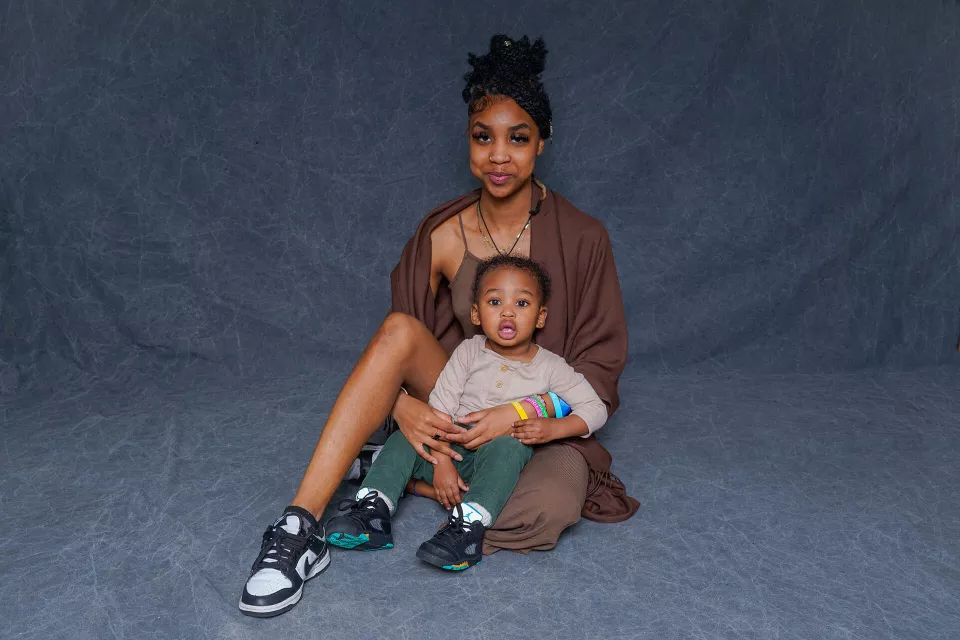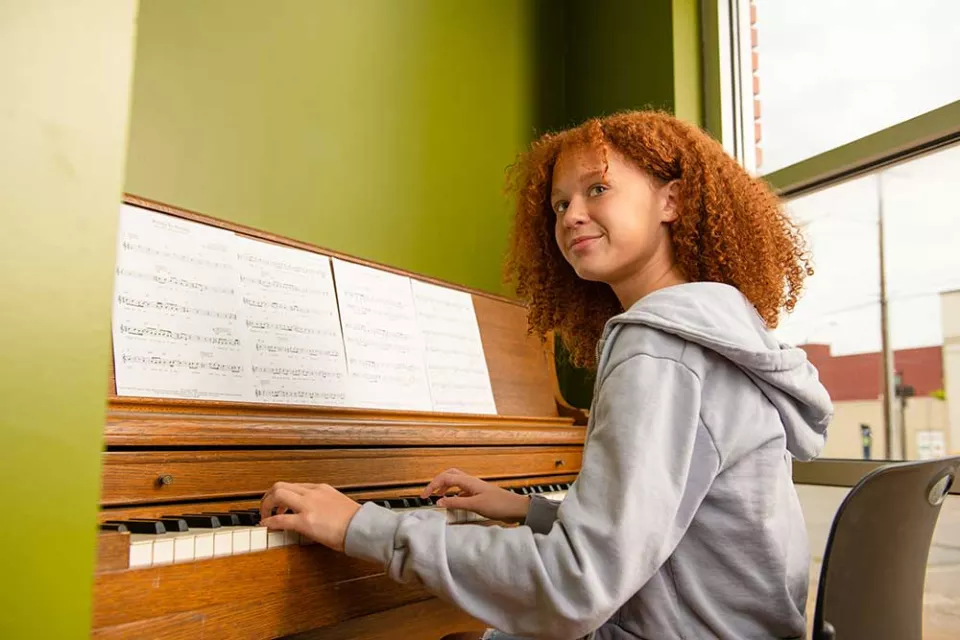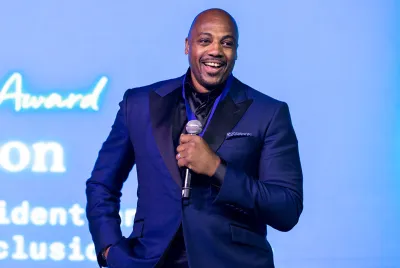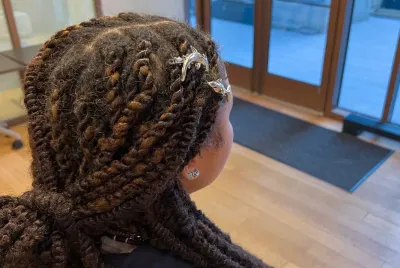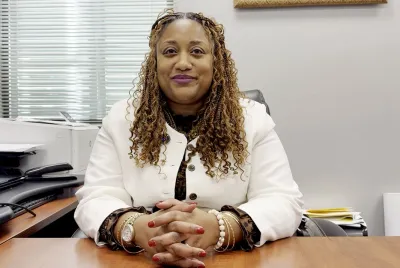Crisis Care and Shelter
When a young person walks through our doors, we welcome them with open arms and meet their immediate needs for food, clothing, shelter, and medical care.

Crisis Care Available 24/7
We greet young people with open arms and immediately meet their urgent needs without question and without cost. We provide warm meals, clean clothes, and a safe place to sleep.
Covenant House provides high-quality services and programs to stabilize a young person’s situation and help them begin to consider their longer-term goals for education, employment, and housing. We are expertly equipped to respond to the unique needs of young survivors of human trafficking, those who identify as LGBTQ+, and those who are pregnant or parenting solo.
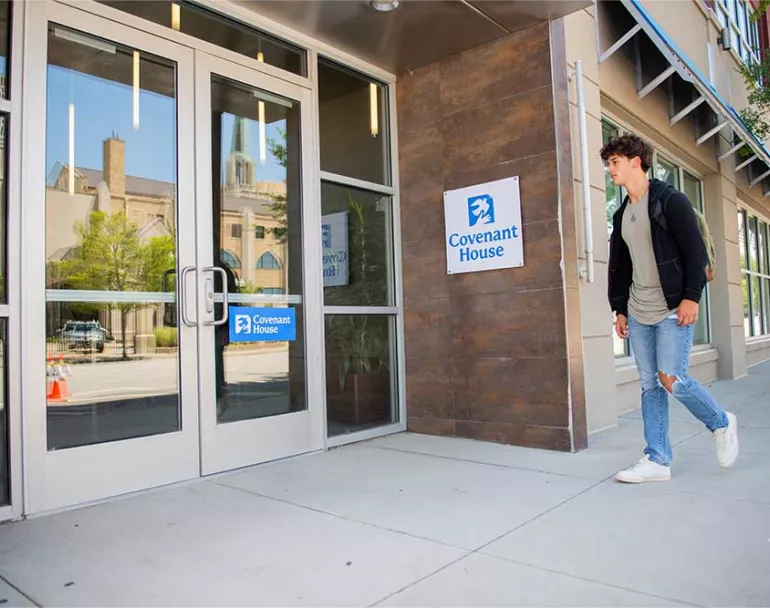
Meeting the Needs of Young People Facing Homelessness
When a young person arrives at Covenant House, our first priority is meeting their immediate needs for food, clothing, shelter, and medical care.
Food
Because young people experiencing homelessness are sometimes compelled to prioritize daily survival over everything else, they suffer extraordinarily high rates of both chronic and acute health problems. Nutrition is hardly uppermost in their minds. Young people facing homelessness eat when and what they can.
Each young person in our care receives three warm meals and evening snacks every day. If a young person walks through our doors in the middle of the night and needs food, we always have a meal waiting for them.
Shelter
Our short-term housing and crisis care program provides emergency services and temporary housing to young people experiencing homelessness.
Our residential rooms give young people a safe space for sleeping, grooming, and storing their belongings. The bedrooms are surrounded by indoor and outdoor communal spaces that are specifically designed to build community, encourage healthy relationships, and heal from trauma.
Youth residing in our short-term housing programs have access to a cafeteria, fitness spaces, classrooms, and laundry rooms, making our facilities more than just a house.
Medical Care
Homelessness impacts a young person’s physical and mental well-being in many ways. Youth are still developing cognitively, physically, and emotionally, so those impacts can have deep effects. We welcome all young people facing homelessness with unconditional love and absolute respect and provide them access to a range of health and well-being services that they can use to heal and rediscover their potential.
Our trauma-informed, strength-based programs and services range from medical care at our on-site health centers to yoga classes, music lessons, counseling, religious and spiritual services, and sports. In these activities, young people retake control over their lives, build on their strengths, and nourish their self-confidence.
Most Covenant House locations have health clinics on-site to provide immediate care. All others are in partnership with a local medical provider. Our goal is that within 72 hours of residence, a young person will visit our medical clinic for a full physical.
Here is what our young people can except at their first medical appointment:
- We help young people access their health insurance or enroll them in one of the Affordable Care Act plans if they don't have any.
- We take a family medical history and a personal medical history, gathering as much information as possible from the young person.
- Typical labs are ordered to ensure that they are screened for both chronic and acute issues.
- A follow-up appointment is scheduled for the following week when lab results have been received and evaluated so that treatment can begin for any diagnosed issues.
- If a specialist is needed, we'll arrange the appointment and support the young person during the visit.
Mental Health
Mental health care is one of our foundational interventions. More than half of all young people in the U.S. express symptoms of anxiety and/or depression. Adolescents are particularly vulnerable as they are still developing cognitively, psychologically, and emotionally.
We provide comprehensive mental health services. Our team of social workers and clinicians perform assessments for young people at risk of or displaying symptoms of mental health challenges.
We offer young people both traditional one-on-one and group talk therapy as well as a variety of alternative therapies involving music, art, sports, recreation, and even equine and pet therapy at some Covenant House sites.
Legal Assistance
Providing legal assistance to young people facing homelessness and helping them avoid or quickly exit homelessness is critical.
We provide direct legal services to our young people through in-house attorneys and referrals to outside service providers. Coordinating closely with our staff, we identify potential legal issues and work with young people to address them every step of the way. In addition, we regularly present workshops for young people so they know their rights, and we train our staff with advocacy strategies so they are better able to identify potential legal issues our young people face.
Family Homelessness
Homelessness is extremely traumatic for young families, often leading to serious and lifelong effects for the child and the parent. About 44% of young women and 18% of young men, ages 18-25, who face homelessness report being a parent or pregnant.
Covenant House is one of only a handful of centers that offer residential services and holistic care to young families overcoming homelessness and human trafficking.
Our program for young families provides emergency services, short- and long-term housing, nourishing food, and medical and mental health care to pregnant and parenting youth and their children. We also offer young families access to free childcare services, parenting support, and a full range of educational, vocational, and job placement services. This holistic plan provides young parents with the support they need to grow into responsible and caring parents, capable of supporting their families financially and emotionally.
Learn more about our programs for pregnant and parenting teens.
What Does a Shelter for Youth Look Like?
Covenant House is a network of “houses” with best-in-class services and a shared commitment to unconditional love, absolute respect, and relentless support for each young person who walks through our doors. Our shelter doors are always open, 24/7.
Frequently Asked Questions About Crisis Care and Shelter
Answers to some of our most frequently asked questions are included here. If your question is not answered, please contact our team at 1-800-388-8888 or info@covenanthouse.org.
What Happens After Crisis Care?
Covenant House’s transitional living programs, often referred to as “Rights of Passage” (ROP), are where young people take their boldest steps toward independence. Youth live in ROP for up to 18 to 24 months, where they tap their potential and plan for the future.
In our transitional living program, youth build basic life skills and financial literacy, participate in educational and vocational programs, seek employment with long-term advancement and career prospects, and work toward moving into their own safe and stable housing.

Know the Issues That Drive Youth Homelessness
Young people experiencing homelessness face numerous challenges that hinder their ability to become independent, successful, and fulfilled adults.
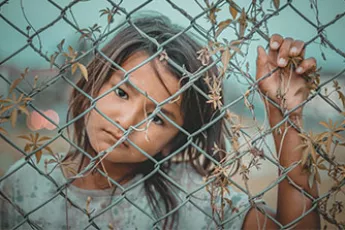
Human Trafficking
Traffickers use violence, threats, deception and other manipulative tactics to trap millions of people worldwide. Children and youth experiencing homelessness are a prime target of this criminal industry.

Income Inequality/Poverty
Children raised in poverty face a higher risk of homelessness. Without equitable resources, they can get swept up in a vicious cycle of hardship and significant social disadvantages.
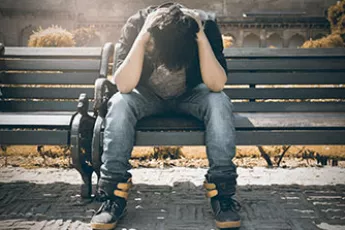
Gaps in Foster Care
When young people age out of foster care and other child welfare services, they become susceptible to homelessness, human trafficking, and other threats to their well-being.

Lack of Affordable Housing
Affordable housing is in short supply across the cities and countries where we serve young people facing homelessness. A low supply of housing pushes more young people to live in unsafe places, couch surf, or rely on those who would take advantage of them in exchange for a place to sleep.

Mental and Emotional Health
Youth experiencing homelessness face mental and emotional health challenges from their time unhoused. Each year, thousands of youth experiencing homelessness die on the streets due to illness, assault, or suicide.
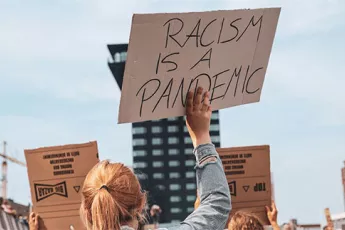
Racial Discrimination
Racial discrimination is a pipeline to youth homelessness. People of color experience homelessness at higher rates, largely due to long-standing structural racism that impacts education, housing, and other inequities.
Support Crisis Care Services
Your gift today allows us to meet the immediate needs—warm meals, clean clothes, safe beds—of youth who come to our shelters.
